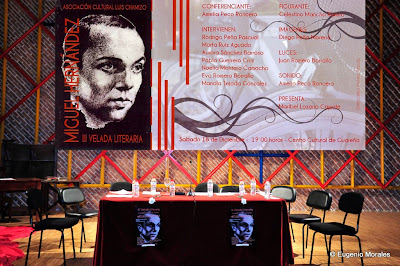Characteristics of a scientific study In the world in which we are increasingly specialized and complex, to ascertain the validity of an assertion (that is, seeing or thinking that our hypothesis is consistent with the known universe), especially when many variables play or can play a role You must have extensive knowledge not only of matter itself, but also the method to use for this test. In a blog I found the features that should have this check:
http://perarduaadastra.eu/2010/10/estudios-cientificos-como-detectar-una-chapuza/
Copy the example he uses to tell if a fertilizer works or not:
want to see if a subscription is good for plants.
But
- I can trust what happens to a single tree on the farm: the same is at the entrance of the canal, receives more water than the rest and so does best ... So I'm going to take five hundred trees ( sample size).
- And, of course, just this year for more sun and better temperature and therefore grow more beautiful, regardless of the fertilizer. So I have to see another group of trees in the same conditions but without allowing subscribers and see what happens ( control group).
- addition, this payment may make the trees need more water, but I still do not know. And if I fall on the estate which is in the valley of the river is very useful, but if you use inland dry trees. So fertilizaré trees of different farms ( representativeness of the sample).
- may also, by coincidence (or because I'm the manufacturer), pay only the best irrigated farms: normal then grow healthier trees! Were it not better draw lots which pieces fertilizer and which not? ( randomisation) and to ensure that differences are only that, the trees have to be as similar as possible to each other. That also gets assigned at random (always que tenga suficientes elementos, claro).
- Y, después de discurrir todo esto, yo me pregunto: ¿qué es lo que realmente me importa, que crezcan más lozanos, o que den más peras y más gordas? Hombre, si miro el verdor de los árboles sabré el resultado sin tener que esperar a cosechar… pero lo que a mí me parece frondoso, a otro puede que no. Vale, es más rápido observar la finca y ver su aspecto, que contar las peras que da cada uno y medir su calibre. Pero es que, realmente, la frondosidad o los brotes me la traen bastante floja. Yo quiero saber si usar el abono se traduce en mejores frutos ( solidez de las variables de resultado ).
- Moreover, it is true that pears measure is more objective than the appearance of the tree, but I'm going with the prejudice that this property is has never given good fruit or This fertilizer can not be good and without accidentally altered the results. I'm not saying cheating, eye! Pears say fatter measure unconsciously, or take the weakest tree. So it will be better if the person measuring the results do not know what farms are paid or not, so we make sure that is completely objective ( single-blind, double or triple ).
- Perfect. I puzzled to plan, I paid, I picked up, and I have here a lot of notebooks with data. "What the hell do I do with them? Statistics. Mathematical process to which I answer a question: Are there differences between treated trees and non? And, if so, how these differences can be casual, or too big to be a mere coincidence? ( statistical significance). Imagine you throw a coin: I hope the faces go half and half tails. If I throw it thirty times, you may face in seventeen out. But joke or should go thirty-fold: if it happens, is that the coin is a trick!









































